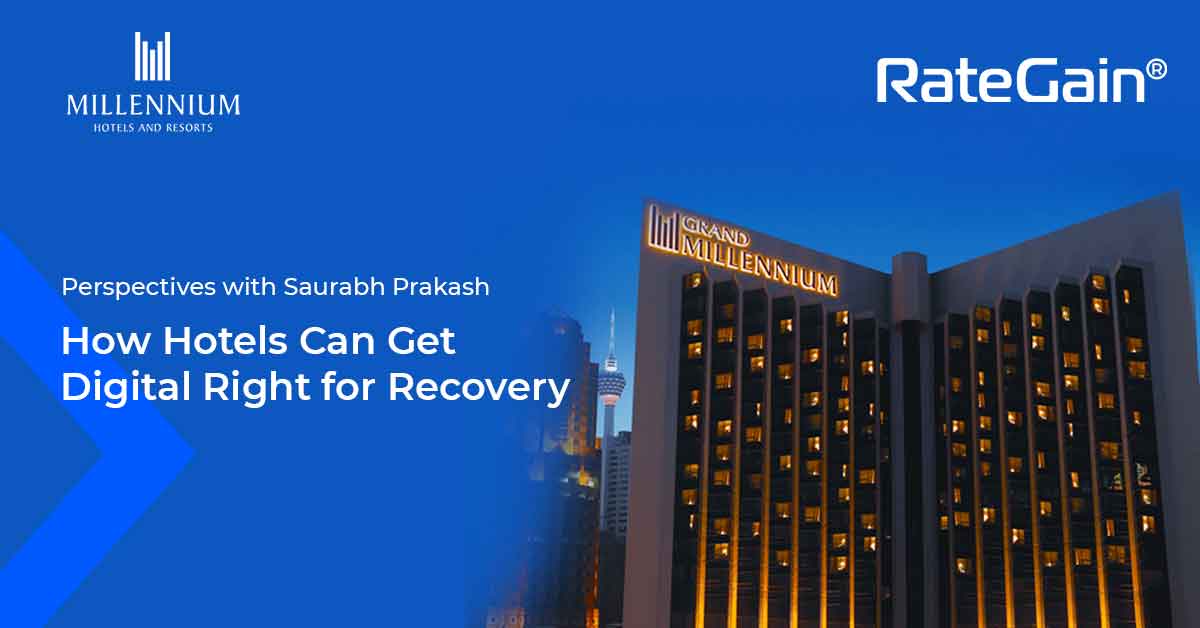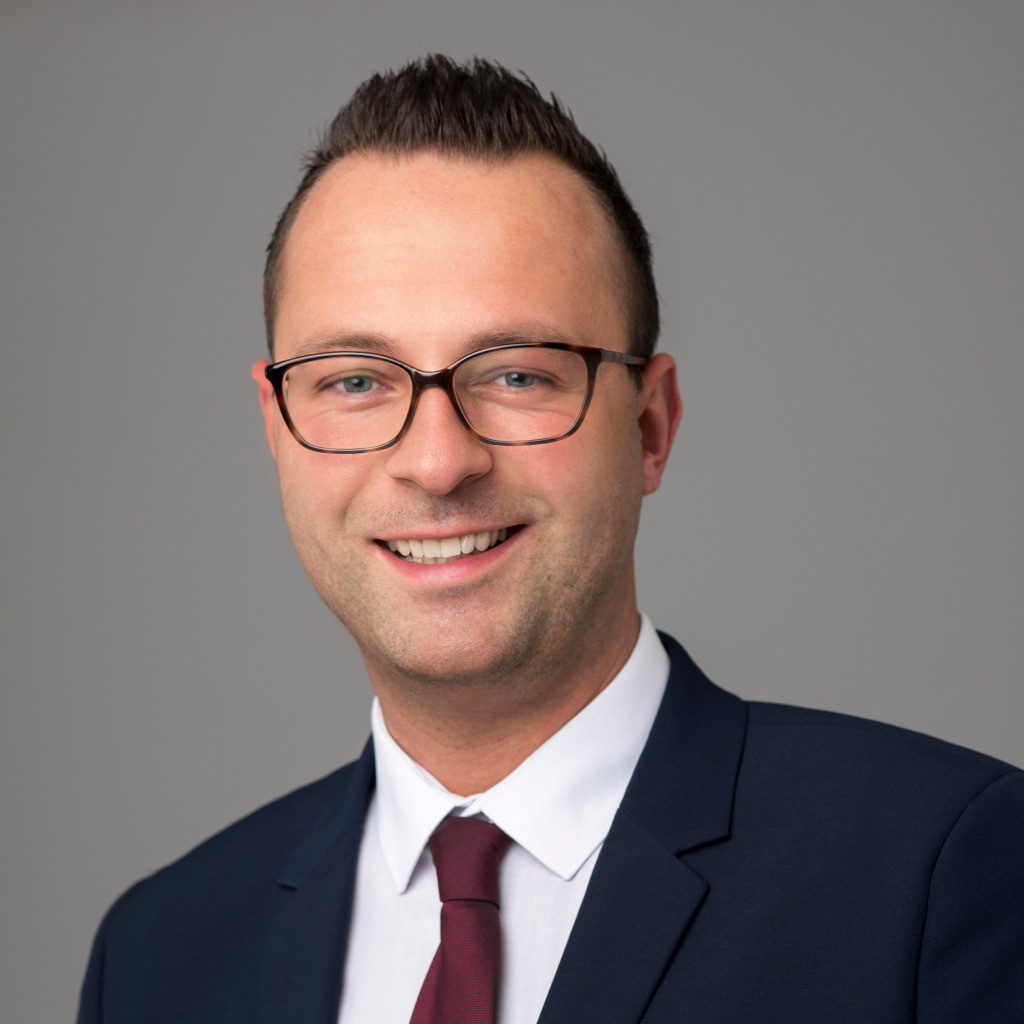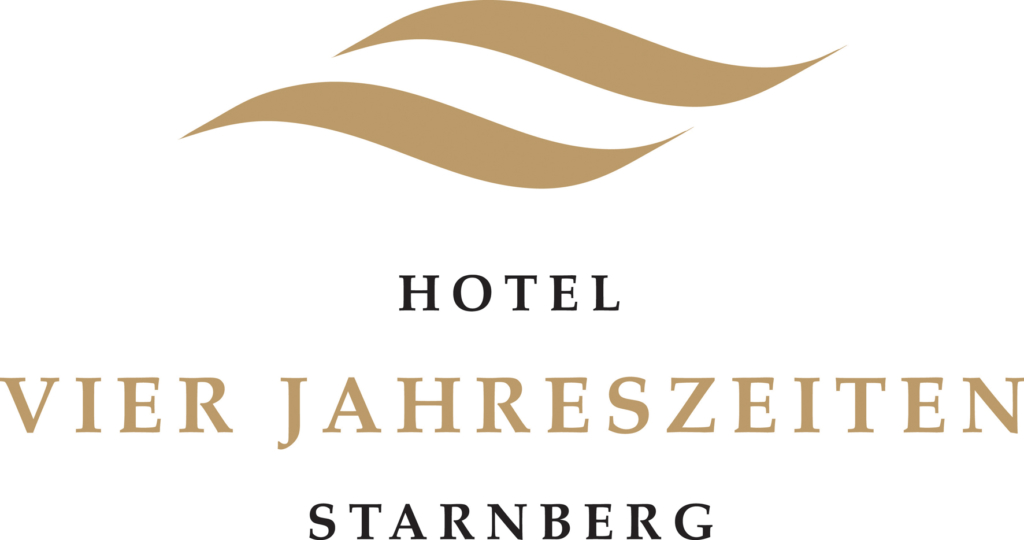Go back to your last vacation! I, of course, don’t intend to make you feel bad, but think of why you planned it? Who told you about the attractions? Places to visit? There is a 50-50 chance that you either got inspired by Instagram or were influenced by a friend who went for that trip. However, with the situation changing so dynamically, it is difficult to plan based on the experiences shared by our loved ones.
This, of course, is a cause of concern for Hotels as bookings, and traveler intent scores are not in sync. According to Skift Recovery Index, while traveler intent in the US, Canada, Germany, Russia, and China is going up, it is not correspondingly translating into bookings, in the Asian market we are witnessing a double whammy, wherein significant markets like India traveler intent is low as well as recovery.
Digital Marketing teams in hotels are neither able to show the latest reviews nor are they able to share on property festivities or post UGC to engage guests and drive bookings. Therefore I thought of asking an experienced marketing and revenue leader on my next fire-side chat to get his perspective on how hotels can use digital to get recovery right. I was fortunate that Saurabh Prakash was able to help me with some of the answers. Saurabh is a Certified Hospitality Digital Marketer with over 20 years of experience across leading hotel chains that includes Radisson Hotels, Marriott, and currently leading Marketing functions globally, including Brands, PR & Communications, Digital Marketing, eCommerce Platforms, Loyalty & Distribution teams for Millennium Hotels & Resorts.
For all marketers and hospitality leaders, you can get digital right for recovery with the following insights from Saurabh that he observed and executed at Millennium hotels and resorts.
Table of Contents
ToggleHow To Adjust Your Digital Strategy?
As hotels look to curtail spends, Saurabh discourages hotels to only rely on in-house teams as they will always have limited experience when compared to external partners that also have lessons from other industries. The right partner would have expertise from different sectors to acquire customers and ensure that your inhouse team challenges those ideas constantly.
In a survey we did with over 200 APMEA marketing leaders, 25% of them suggested that they would allocate up to 50% of their marketing budget to social media marketing while 30% of the respondents said they would allocate up to 35%. As a marketer, it has been a challenge to get budgets approved before COVID-19, and hence I was interested in knowing from Saurabh how marketing leaders can approach this and what components they should include in their strategy to convince their owners to get budgets?
1-Be the First Responders
Digital is about time to market; it makes It extremely critical to not only reach your target audience but also to reach them first, with your unique brand message and not appear as ‘YET ANOTHER.’
Saurabh shares with us that Millennium was one of the first brands to identify the coronavirus pandemic and start a campaign around health and safety by February 17th, which was at least one month in advance of all other major chains, making It easier to engage their loyal audience as well as prospective guests and also communicate that as a group they are ready to make all the right adjustments to welcome their guest.
Saurabh tells us that his team translated this operational change by geo-targeting members and non-members who could drive to our hotels from neighboring countries or cities. While this tactic might look sensible, he further tells me a statistic that fundamentally changed the way we view the traveler in the new normal. According to Google, the keyword ‘STAYCATION’ has surpassed ‘OFFER’ in terms of searches as of June 30th. ‘OFFER’ was the highest searched keyword by travelers for the last five years; however, can my team rely on ‘STAYCATION’ and continue to target the audience, absolutely not. One of the biggest learnings we have had is to be more nimble, agile, and ready for the change and then go to market with a strategy.
2-Nimble Budget Alignment
As per Saurabh, in an average year, 40% of the budget was spent in upper funnel activities such as the creation of demand, SEO, social and performance marketing, and 60 % in lower-funnel to drive PPC and other engagement activities.
If hotels, today are struggling to keep the balance, hotels can choose to change this to 75% to 25%; however upper-funnel activities are not done only to build immediate demand but to engage the guest for the long term and drive conversions, and therefore hotels should not move entirely into the lower funnel. The need for nimbleness is paramount to adjust the funnel between months to drive cash and then again adjust back to focus on upper-funnel activities to drive engagement.
He further suggests that marketers should not position themselves as Cost of Sales but look at it from an ROI perspective, instead of saying you spent $14 for every $100 sale, we can say that we had 7X ROI. Things might have changed during COVID, but providing a new perspective still works.
3-Re-Invent Content by Keeping One Core Message
Re-invention will be critical to reaching our customers, and if we continue to do what we were doing earlier, we will miss our results. Budgets would be challenging to get, and hence it is essential to invest in a single campaign and continuously take that message to your audience instead of launching multiple content pieces.
4-Align Your Offers to Your Brand Strategy
As demand stays down, giving offers or discounts would not be prudent as it leads to lesser cash, also if each property or market rolls out different offers, then you are diluting your brand message and setting them up for uncertainty as we do not know how each offer would resonate.
5-Experiment with New Technologies
Saurabh also suggests that hotels should look at technologies not used by digital marketers today as restrictions continue, but the need for having an experience increases. According to him, Augmented reality would be one trend that will be used in social soon to help guests experience hospitality right from their devices.
6-Don’t Forget Reputation
One of the lessons Saurabh shares with us is that during his role in Millennium, where he defends that while managing reputation is part of operations however it is critical to make it part of social media marketing because it gives us a window into consumer sentiment which is a vital marketing KPI. He further shares that today, 60-70% of buying behavior is based on online reviews, and therefore not actively investing in social media monitoring is a critical mistake hotel chains can make as they look to recover.
Saurabh shares a small example that they executed at Millennium Hotels and Resorts. The team did not wait for customers to flood their reservation teams or social media with a request for cancellations, but proactively renamed their cancellation policy to flexibility policy and communicated the same to their guests to indicate that we are FLEXIBLE. In addition to this, they made all rates flexible and removed non-refundable rates.
The last lesson of the day Saurabh told us about was at this critical time when budgets are challenging, ATL is out of the question, companies should leverage the power of EGC or Employee Generated Content to connect with your target audience to increase brand salience.
The lessons shared above revalidate what we have been hearing from other marketing leaders in the last few months namely –
- Invest in building trust
- Don’t Stop Spends, instead use this time to increase your audience
- Continue to Innovate and invest in social media technology
- Lastly, do not compromise with your reputation and brand messages
I will continue to share lessons from eminent leaders like Saurabh in the future to help hospitality leaders, managers and professionals to not only learn how to act in this crisis but also for professionals who are seeking new career opportunities to get first-hand insights to be able to be better prepared for new opportunities and move towards a #BetterTomorrow.
About the Author
 Apurva Chamaria
Apurva Chamaria ![]()
Chief Revenue Officer
RateGain
Apurva Chamaria is the Chief Revenue Officer of RateGain, one of world’s leading SaaS company’s serving over 20,000+ customers in the travel and hospitality industry across 100+ Countries. In his role, he leads sales, marketing, alliances and customer success across the world. Prior to joining RateGain, Apurva was the Global Head of Corporate Marketing for HCL Technologies, an US$ 8 Billion global IT major.
He is a sought after speaker in the travel and hospitality technology space on the topics related to cognitive revenue management, smart distribution and guest experience. He has been a speaker at various industry recognized events such as NoVacancy, THINC, World Travel Market, and many more. He is also a contributor to publications like Phocuswire, Skift, HT Brand Studio, LinkedIn Conclaves and others.
He is a columnist for the Pitch and Digital Market Asia magazines. His book “You are the key – unlocking doors through Social Selling” (Bloomsbury) hit #2 in the Amazon India Best-Sellers list. For his contribution and excellence in the field of marketing he has been awarded the ‘Marketer of the Year’ by World Leadership Forum in 2016, ‘Digital Marketer of the Year’ by IAMAI and ‘B2B Marketer of the Year’ by Paul Writer. In 2018, he was feted as 40 under 40 by the Campaign Asia magazine.
 Deutsch
Deutsch Português
Português Italiano
Italiano Espanol
Espanol čeština
čeština ไทย
ไทย Français
Français


